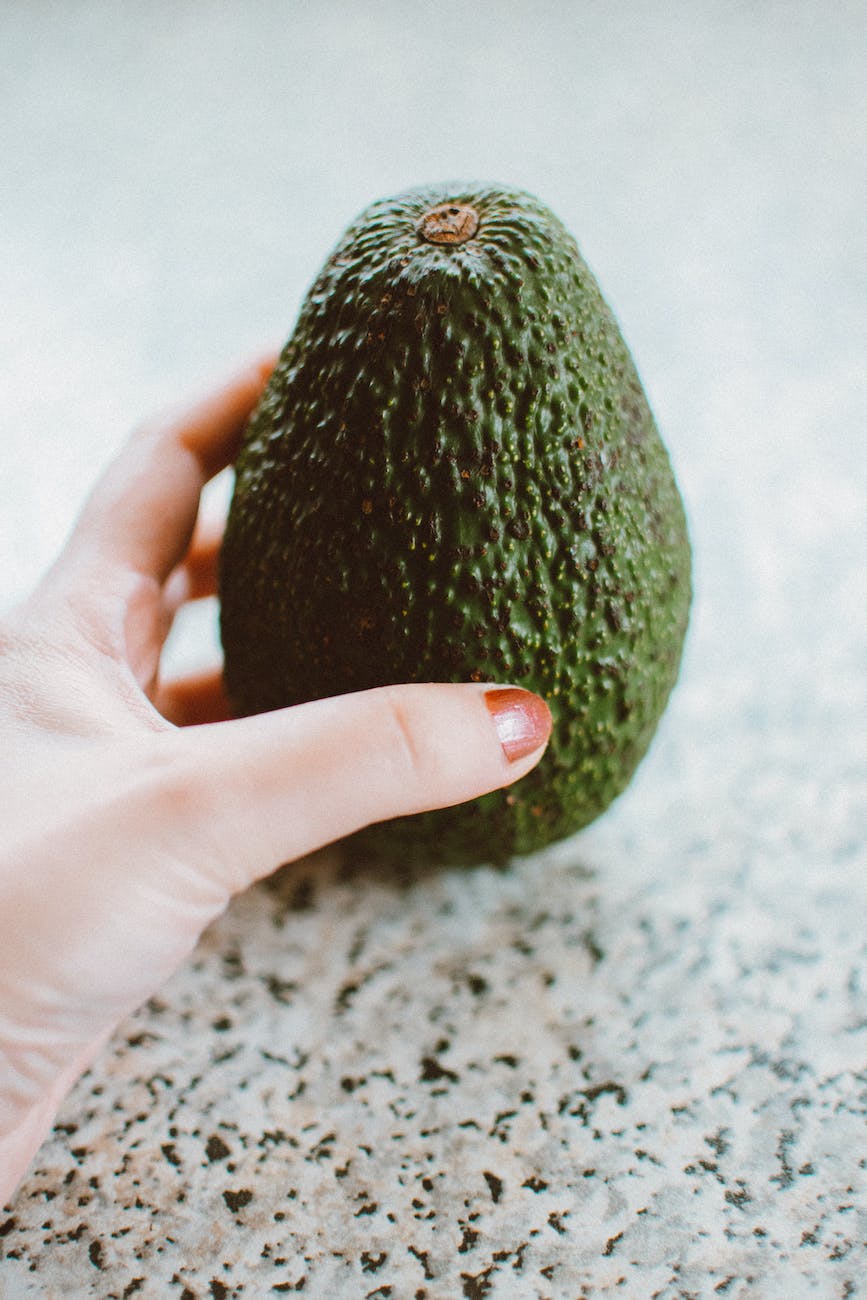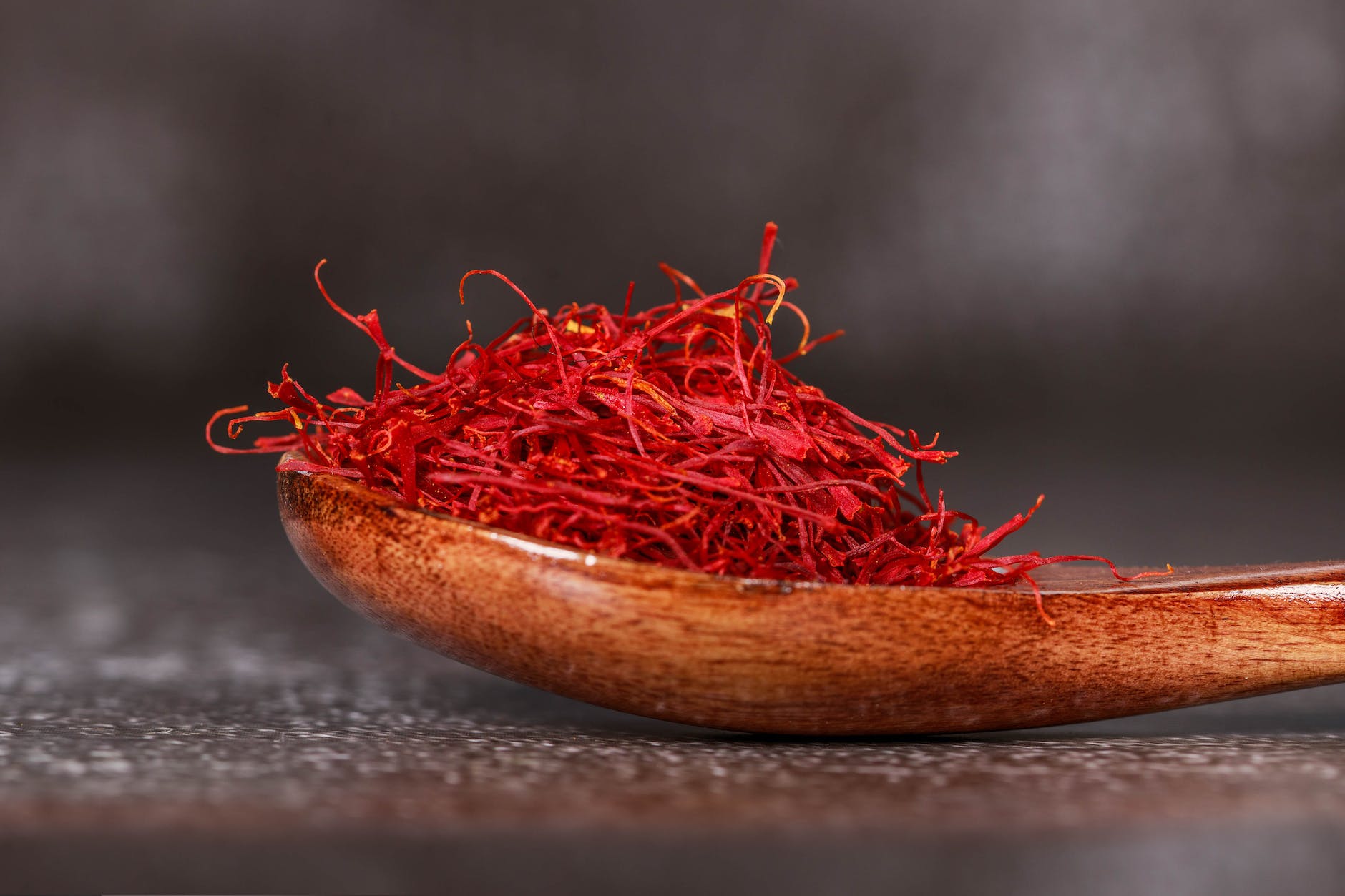
Though the avocado fruit gets most of the limelight, the leaves of the avocado tree are a lesser-known powerhouse of nutritional benefits. Utilized across a multitude of cultures for their potential medicinal properties, these leaves are packed with health-boosting compounds. This article aims to shed light on the various ways in which avocado leaves can be harnessed for their health benefits and everyday uses.
The Many Uses of Avocado Leaves
Avocado leaves are a versatile natural resource. From traditional medicine to modern remedies, personal care, and even culinary enhancements, they have various applications.
Avocado Leaves for Health
Centuries-old traditional remedies and recent scientific studies alike advocate a myriad of health benefits that avocado leaves can offer:
- Treating Diabetes: Avocado leaves are rich in a compound called glycoside. Glycosides can potentially assist in regulating blood sugar levels, which makes these leaves an effective natural supplement for diabetes management. Their hypoglycemic effect is especially beneficial for people grappling with type 2 diabetes.
- Aiding Weight Loss: The high fiber content in avocado leaves works by promoting feelings of satiety, thereby preventing overeating and excessive snacking. Their antioxidant properties, on the other hand, facilitate the elimination of toxins and waste from the body. Together, these factors contribute to a boosted metabolic rate and weight loss.
- Alleviating Cough and Diarrhea: Avocado leaves can be brewed into a herbal tea which is believed to alleviate symptoms of cough and diarrhea. The antimicrobial properties of these leaves can help in eliminating pathogens causing these symptoms.
- Support for Kidney Health: Avocado leaves are natural diuretics. Consuming them can assist in flushing out waste from the kidneys and maintaining overall renal health.
- Potential Role in Cancer Treatment: Preliminary research has shown promising results in the potential of avocado leaves in cancer treatment. The flavonoids in avocado leaves are thought to have anti-cancer properties. While this is a burgeoning field of study, the initial results present an interesting area to explore.
Avocado Leaves for Personal Care
Avocado Leaves for Hair Care
Avocado leaves, with their rich nutritional profile, can provide several benefits for hair health:
- Improving Hair Growth: The high concentration of antioxidants and anti-inflammatory properties in avocado leaves can stimulate the hair follicles. This not only leads to healthier hair but can also promote faster growth.
- Combating Hair Loss: Regular use of avocado leaf extracts can potentially reduce hair fall. The extract works by strengthening the roots and follicles of the hair, which prevents breakage and hair loss.
- Treating Scalp Conditions: Thanks to their antimicrobial and anti-inflammatory properties, avocado leaves can help alleviate common scalp conditions like dandruff and irritation. They can be used to make a hair rinse or included in homemade hair masks for this purpose.
Understanding Avocado Varieties and Their Leaves
The variety of the avocado tree is a key determinant in the characteristics and potential uses of the leaves.
Hass Avocado Leaves
Hass Avocados are the most widely consumed variety of avocado worldwide. The leaves of Hass Avocado trees are dark green and glossy. When crushed, they give off a robust aroma that can be used to add flavor to dishes.
Red Avocado Leaves
Certain varieties of avocado trees, like the ‘Day’ avocado, have leaves that are distinctly red. These not only add a splash of color to your garden but are also packed with the same health benefits as other avocado varieties.
Mexican Avocado Leaves
Mexican avocado trees stand out due to their anise-scented leaves. The scent intensifies when the leaves are dried, making them a popular choice as a culinary herb in Mexican cuisine.
Young vs New Avocado Leaves: Differences Explained
Understanding the growth stages of avocado leaves is key to proper care. New avocado leaves often sport a reddish or purplish hue that gradually turns green as the leaves mature. This color change signals that the leaves are ready to carry out photosynthesis efficiently.
Reading Avocado Leaves: A Comprehensive Guide
A keen understanding of the signs your avocado leaves show can be an effective way to gauge the health of your avocado tree. Yellowing leaves might indicate a nutrient deficiency, while curling could signify inadequate watering. Here’s what you should look out for:
- Brown Spots: Could be a sign of a fungal infection or sunburn. It’s important to protect the tree from extreme weather conditions and monitor the tree for any disease symptoms.
- Yellowing Leaves: This might indicate a nitrogen deficiency. Nitrogen is a crucial nutrient for avocado trees. You may need to test the soil and consider using a suitable fertilizer.
- Curling Leaves: This could be due to water stress – either too much or too little. Ensuring a proper watering schedule that’s just right for your tree’s needs is essential.
How to Use Avocado Leaves
Avocado leaves can enhance various dishes with their unique flavor and nutritional benefits.
Boiling Avocado Leaves: A Step-By-Step Guide
One of the most common ways to use avocado leaves is to brew them into a herbal tea. Here’s how to do it:
- Rinse the leaves thoroughly under running water to remove any dust or impurities.
- Add the leaves into a pot of boiling water.
- Let it simmer for about 10-15 minutes.
- Strain the liquid, and your avocado leaf tea is ready to be enjoyed!
Avocado Leaf Powder: A Versatile Ingredient
Avocado leaf powder can be used as a spice, an addition to smoothies, or even as a health supplement. To make the powder at home, simply dry the leaves, grind them into a fine powder, and store in an airtight container.
Cooking with Avocado Leaves
Avocado leaves can be a great addition to various dishes. They can be used whole, crushed, or ground into a powder. Whether it’s flavoring your soup, grilling your meat, or adding a unique twist to your dessert, these leaves can do it all!
Conclusion
There’s much more to the avocado tree than just its fruit. The leaves are a powerful source of numerous health benefits and can be used in a variety of ways. Whether you’re looking for a natural health supplement, a unique addition to your dishes, or a versatile ingredient for your personal care routine, avocado leaves are a worthy consideration.
FAQs
1. Can avocado leaves be used to treat diabetes? Avocado leaves contain glycosides, compounds that may help regulate blood sugar levels. Therefore, they are often used as a natural supplement in diabetes management.
2. Are avocado leaves beneficial for weight loss? The high fiber content in avocado leaves contributes to feelings of fullness, which can reduce overeating and facilitate weight loss. Their antioxidant properties also aid in eliminating toxins from the body, boosting metabolism, and supporting weight loss.
3. How can avocado leaves help with hair health? Avocado leaves are rich in antioxidants that can stimulate hair follicles, promoting hair growth. They can also strengthen hair roots to reduce hair fall. Moreover, their antimicrobial and anti-inflammatory properties can help alleviate scalp conditions like dandruff.
4. Can I buy fresh or dried avocado leaves? Yes, both fresh and dried avocado leaves can be purchased from health food stores, farmers’ markets, and online platforms like Amazon and eBay.
5. What are the potential health benefits of avocado leaves? Avocado leaves are believed to offer a range of health benefits. They may assist in managing diabetes, aiding weight loss, relieving symptoms of cough and diarrhea, supporting kidney health, and potentially aiding in cancer treatment. However, further research is necessary to confirm these benefits.
6. How to use avocado leaves for culinary purposes? Avocado leaves can be used in a variety of ways in cooking. They can be used whole, crushed, or ground into a powder to flavor soups, stews, and meat. They can also be brewed into a herbal tea. The unique anise-like flavor of the leaves adds a distinct touch to the dishes.
7. Are there any precautions to be taken when using avocado leaves? While avocado leaves are generally considered safe to use, it’s important to note that everyone’s body reacts differently. If you’re trying avocado leaves for the first time, it’s advisable to start with small amounts and observe your body’s reaction. As with any natural remedy, consult your healthcare provider if you have any medical conditions or are taking any medication.













